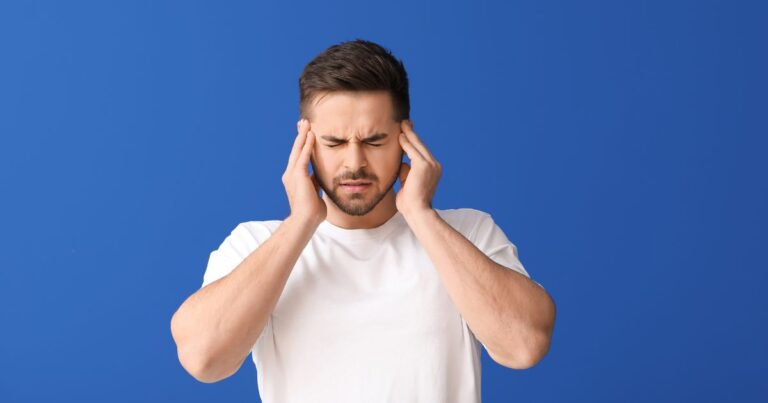Hearing health should be on the curriculum alongside topics like online safety and drug awareness, says Jono Heale.
Jono Heale was living his dream life, working as a professional musician in London – until six words changed everything.
The drummer and bass guitarist had consulted an audiologist after suffering tinnitus and struggling to make out conversations in pubs and clubs.
Following a hearing test, he received some shocking news. “You’ve got classic noise-induced hearing loss,” he was told.
Unable to fully comprehend the diagnosis, Jono optimistically offered to take a month off work. If he gave his ears a rest, he asked, might the ringing stop?
“I was told: ‘No, that’s it for the rest of your life, you can’t get it back’. I remember walking out, and I was in this daze, thinking: ‘What will I do now?’.”
After having what he calls ‘a life crisis’, Jono stopped gigging and moved to East Anglia to work in music education.
But rather than settle quietly in the countryside, he felt a growing sense of rage.
Life after London
Things didn’t go smoothly after Jono moved out of the capital. Firstly, being away from the hubbub of London only highlighted how bad his tinnitus was.
“It was so quiet in East Anglia, especially at night, and because of the ringing in my ears, I really struggled to sleep,” he says.
He was also upset that the students at the music college where he worked were not taught about hearing protection.
“There was nothing in the curriculum about hearing health or even how the ear works – and that made me angry,” he says.
“I thought it was nuts and spoke to the college management. I told them that hearing health should be embedded into the curriculum. I’d damaged my hearing, but what about the next generation of musicians?
“If you study hair and beauty, motor mechanics or bricklaying, occupational health and safety is covered in week one of term one. Soon, I was on a mission to do something about it.”
Hearing health campaigner
Fast forward several years, and Jono is now a hearing health advocate and a director at ACS, a company that provides custom in-ear monitors (IEMs). These reduce a musician’s exposure to loud noise while still allowing them to hear instruments when they perform.
He’s also a supporter of the Musicians’ Hearing Health Scheme. Thanks to the charity Help Musicians UK and the Musicians’ Union, the scheme gives professional musicians in the UK affordable access to specialist hearing assessments and hearing protection.
As well as drawing attention to the dangers associated with noise exposure at gigs, Jono believes we should also be talking about the risks of prolonged and consistent headphone use.
“The human ear hasn’t really evolved to cope with the noisy world that we live in,” he says.
“So many people listen to music and stream stuff through headphones. We’re consuming this amplified sound all the time; it’s a major part of popular culture.
“Why is hearing health not on the curriculum? It’s crazy – we teach drug awareness, sex education and online security, so why not hearing health, too?
“According to the World Health Organisation, about 1.1 billion young people between the ages of 13 and 25 suffer from music-induced hearing loss.”
IEMs
It’s not always easy convincing young musicians (who may feel invincible) that exposure to loud music could cause permanent hearing loss.
However, Jono believes everyone involved in music education has a responsibility to raise awareness about the issue and the available protection.
Musicians are four times more likely to suffer noise-induced hearing problems.
Contemporary singers are particularly at risk as the music at today’s venues often tops 100 decibels. The sustained safe exposure level is just 85 decibels.
The good news for singers is that IEMs don’t just reduce the wearer’s exposure to noise.
They also provide a singer with their own personal monitor mix. This means that they can hear themselves and the band with clarity wherever they are on stage.
Learn more
Listen to the latest episode of the Singing Teachers Talk podcast to learn more about:
- Early signs of noise-induced hearing loss.
- Recommended IEM models for singers.
Read more
Check out this blog explaining how singing teachers can protect their hearing.
Image credit: Canva.




